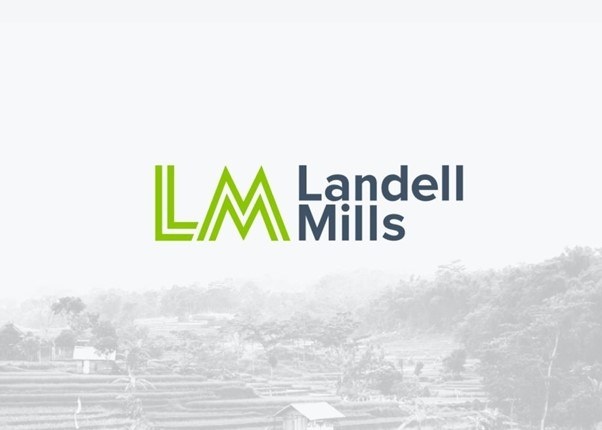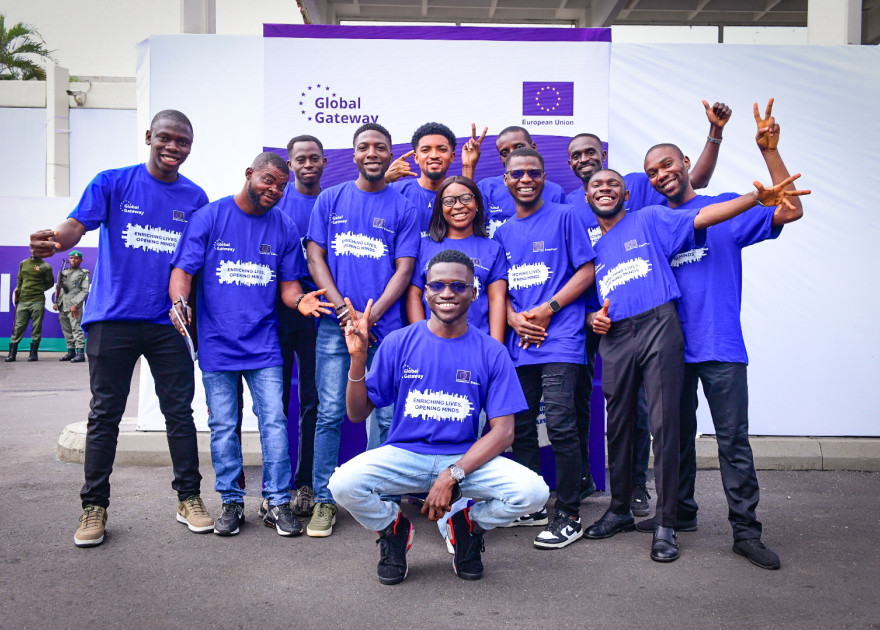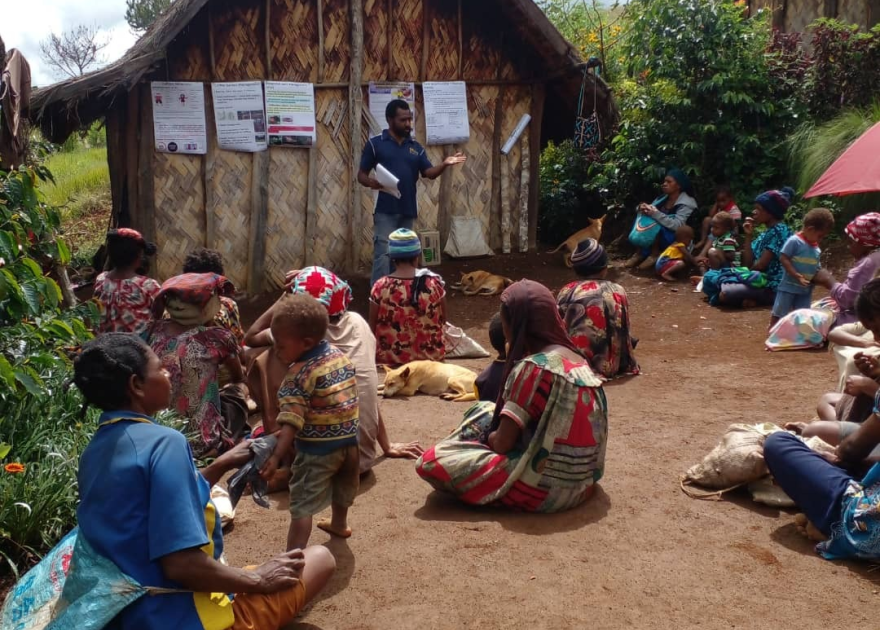IOC workshop encourages stronger engagement with biodiversity targets
The Landell-Mills-managed Indian Ocean Commission (IOC) Biodiversity Programme* brought multi-sectoral decision-makers and partners together for a workshop on Integrating Natural Capital in National Accounts from 7-9 December 2015. Sixty participants from Madagascar and Comoros took part in the event, which aimed to strengthen engagement with Aichi biodiversity targets, particularly target two:
By 2020, at the latest, biodiversity values will have been integrated into national and local development and poverty reduction strategies and planning processes and incorporated into national accounting and reporting systems.
The IOC facilitated development of national road maps for target two, which will be implemented in Madagascar and Comoros until 2020. Madagascar and Comoros have adopted the Ecosystem Natural Capital Accounts (ENCA) methodology, which was first tested in Mauritius in 2014. In Madagascar this complements the WAVES (Wealth Accounting and Valuation of Ecosystem Services) approach, which focuses on the monetisation of nature's resources.
More than 50% of Madagascar's wealth is based on natural capital, its agricultural lands, water resources, forests and mines. (Mamy Ratolojanahary, General Director of Planning in Madagascar).
The South West Indian Ocean area is a biodiversity hotspot whose coral reef ecosystems are valued at seven billion dollars and mangroves at around nine billion dollars.
Considering ecosystems as a lever for economic performance should profit IOC members. Natural capital accounting allows measurement of the environment's contribution to economies and growth. (Alice Ndiaye, Standing Liaison Officer between the IOC and Madagascar).
The long term goal is to integrate natural capital into national accounts in the South West Indian Ocean area. This ties in to the IOC Biodiversity Programme's aim, to build national and regional capacity on sustainable conservation in order to benefit the population.
*The project is supported by the European Union and covers 6 countries: Comoros. Kenya, Madagascar, Mauritius, Seychelles and Tanzania.


